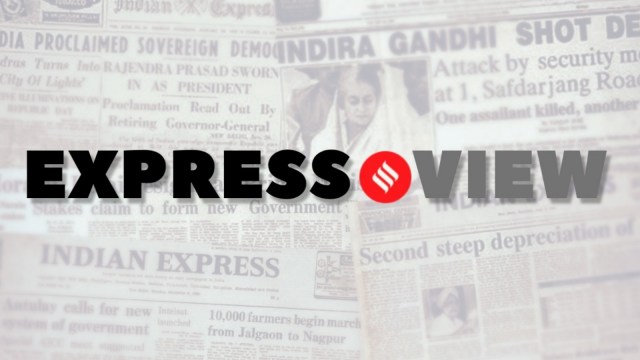
The government’s decision to extend the Ayushman Bharat Pradhan Mantri Jan Arogya Yojana (AB-PMJAY) to senior citizens above the age of 70 is a significant step towards universalising healthcare in the country. The Rs 5 lakh annual health coverage will benefit about six crore people, roughly 5 per cent of the country’s current population. But with lifespans increasing and an increasing number of people ageing in the next three decades, a fifth of India is likely to be over the age of 70 by 2050. Dealing with the challenges of this demographic transition will require far-reaching changes in welfare policies. Today, barely 20 per cent of the elderly are covered by safety nets such as the CGHS, Rashtriya Swasthya Bima Yojana and employer-funded health schemes. Extending the ambit of the world’s publicly-funded health assurance scheme could be a step towards ensuring a more fulfilling life for this section of the population.
Since 2018, the AB-PMJAY has covered 7.37 crore hospital admissions. This is a significant achievement in a country where out-of-pocket expenditure (OOPE) on health is often a reason for crushing poverty. Yet, the fact that OOPE constitutes 50 per cent of all health expenses, more than two-and-half times the global average, underlines unfinished tasks. Last year, an investigation by this newspaper revealed that doctors at a premier government hospital in Delhi duped poor patients and bypassed the government health insurance scheme.
There is a substantial body of reportage to show that doctors misinform already stressed families of the grievously ill that availing benefits under AB-PMJAY could take months. Experts suggest that the overburdened staff at government institutions do not want to take on the additional task of filling up documents related to the insurance scheme. Several healthcare facilities do have arogyamitras to counsel relatives of patients. But their role ends at registering claims. Empowering counsellors to handhold patients till their claims are settled could help iron out some of the glitches. To make the scheme more expansive, the government should tap into such lessons and narrow the doctor-patient asymmetry.
A Niti Aayog position paper, released in January, recognised that with families becoming increasingly nuclear, ease of access and quality of care will be a crucial determinant in the health-seeking behaviour of senior citizens. In other words, besides financial assurance, policymakers must urgently ensure that there are enough healthcare centres and adequate facilities to take care of the needs of the elderly.